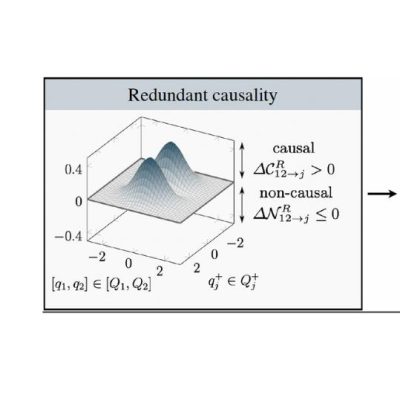
The political and legal landscape of space debris mitigation in emerging space nations
The Space Enabled Research Group highlights the growing concern of space debris and the need for all nations, emerging and established space nations alike, to adopt sustainable practices for the long-term use of outer space. They examine the efforts of emerging space nations in supporting international sustainability guidelines, create Space Sustainability Rating (SSR) scores for several example missions, and analyze how they can overcome challenges related to sustainable mission design and operations.
Authors: Jacqueline H. Smith, Minoo Rathnasabapathy, Danielle Wood
Citation: Journal of Space Safety Engineering (2024)
Abstract:
The issue of space debris and its impact on space sustainability is a growing concern that requires collective action from all nations. Over the past decade, the number of spacefaring nations has increased, as evidenced by the number of satellites launched by emerging space nations and by an increase in the number of applications for United Nations Committee on the Peaceful Uses of Outer Space (UN COPUOS) membership from emerging member states. More recently, there has been an increase in emerging space nations stating their commitment to join the COPUOS Long-term Sustainability (LTS) 2.0 Working Group, as well as nations who have opted to join as signatories to initiatives such as “Net Zero Space” (e.g., Azercosmos, EgSA, GISTDA), and the Artemis Accords (e.g., Nigeria, Rwanda, and Angola). These initiatives share a common goal of promoting the sustainable and responsible use of space to ensure the long-term sustainability of space activities, including: 1) the recognition of the need for sustainable practices; 2) the importance of promoting cooperation in long-term sustainability between all nations; 3) the support of international guidelines and best practices; and 4) the recognition of the increasing role and contribution of emerging space nations.
Given the rapid diversification of the space sector, and in accordance with Part C International Cooperation, Capacity-Building and Awareness of the 2019 COPUOS Long Term Sustainability guidelines, many emerging nations continue to face challenges in implementing space debris mitigation and removal measures. The aim of this paper is threefold: 1) showcase examples of emerging space nations who are actively supporting the sustained use of space at a national, regional, and international level, which includes complying with existing binding requirements concerning space debris within national laws; 2) discuss how the Space Sustainability Rating (SSR) provides opportunities for emerging space nations to progress in their efforts to participate in seeking space sustainability; and 3) provide an analysis using the SSR for several missions launched by emerging space nations including recommended steps for increased sustainability in both the design phase and during operations. The study aims to identify potential challenges and opportunities in the adoption of the SSR by emerging space nations, and dispel the perception that sustainable design, operations, and implementation of the LTS guidelines is a barrier for emerging space nations. The selection of nations chosen for the analysis of this paper aims to ensure a representative sample of diverse space market sizes and maturity, with particular consideration given to geographic diversity.

